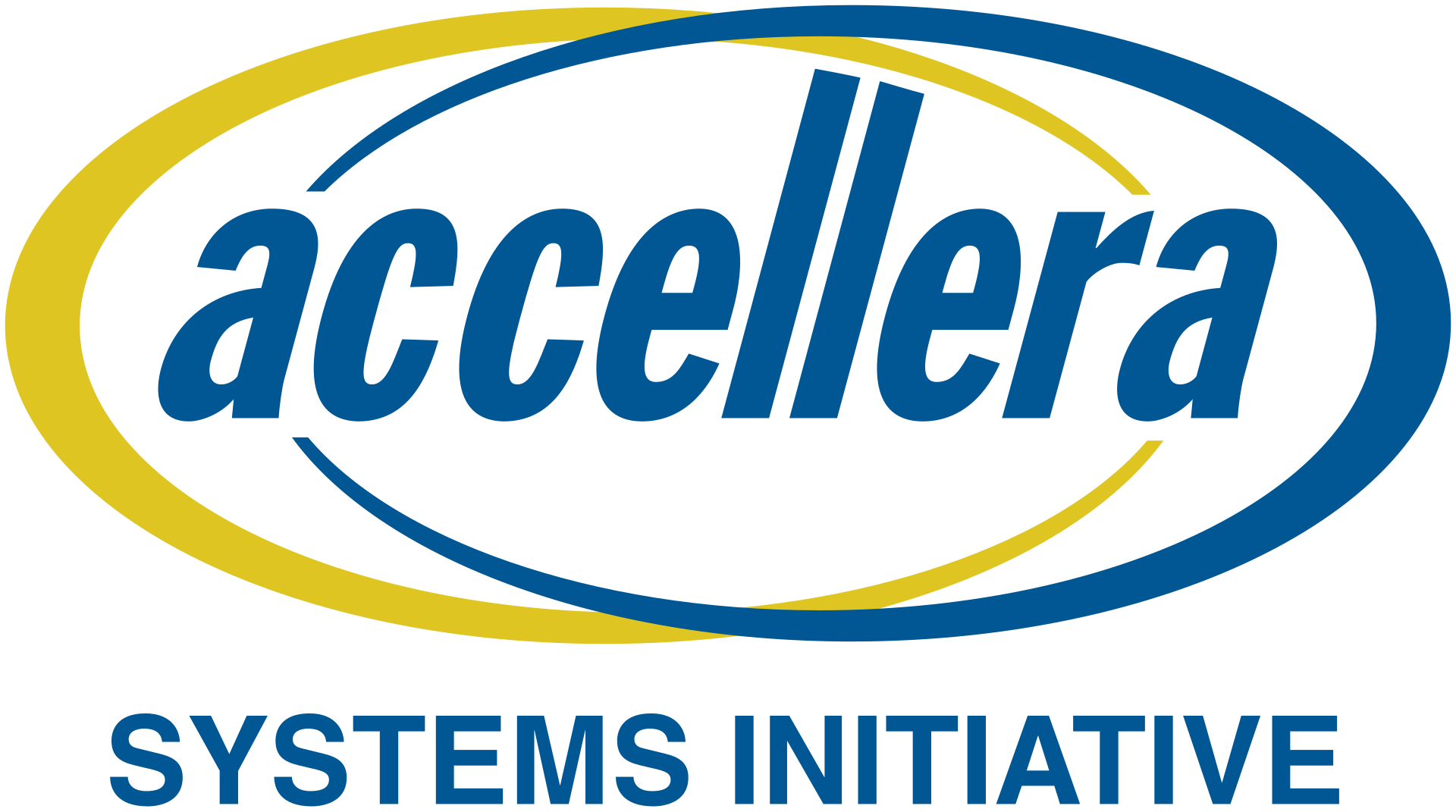Overview
Accellera Systems Initiative is a not-for-profit industry consortium focused on the development and standardization of design and verification languages, methodologies, and intellectual property standards for the semiconductor and electronic systems industries. Its mission is to improve the productivity of system-on-chip (SoC) and electronic system development through the creation and adoption of open standards.
Foundation and Structure
Accellera was formed in the early 2000s through the merger of several key standards organizations in the electronic design automation (EDA) community. It brings together semiconductor manufacturers, EDA vendors, IP providers, system integrators, and end users to collaborate on developing standards that address complex design and verification challenges.
Accellera operates through working groups composed of member company representatives. These groups develop proposals, refine standards, and submit them to international bodies such as IEEE for ratification and global adoption.
Key Standards and Contributions
Accellera has initiated and maintained several foundational standards widely used in digital design and verification. Notable contributions include:
-
SystemVerilog – A hardware description and verification language that combines Verilog with advanced verification features like assertions and constrained-random testing.
-
UVM (Universal Verification Methodology) – A standardized methodology for building modular, reusable verification environments using SystemVerilog.
-
SystemC – A C++-based modeling platform for system-level design, high-level synthesis, and virtual prototyping.
-
IP-XACT – An XML schema for describing and packaging intellectual property to support IP reuse and automation.
-
Portable Stimulus Standard (PSS) – A specification to create abstract, reusable verification intent across simulation, emulation, and hardware.
-
SystemC AMS and TLM – Extensions of SystemC for analog/mixed-signal modeling and transaction-level modeling, respectively.
Mission and Goals
Accellera’s mission is to:
-
Foster the creation and adoption of EDA and IP standards that improve interoperability and design efficiency.
-
Collaborate openly across the industry to define common methodologies.
-
Promote portability, reusability, and scalability of IP and verification environments.
Membership and Participation
Accellera membership includes a mix of:
-
EDA tool vendors
-
Semiconductor design and manufacturing companies
-
IP providers
-
Research institutions and universities
Membership is tiered and provides voting rights, participation in working groups, and early access to draft standards. Non-members can often access public drafts and contribute during open comment periods.
Collaboration and Ratification
Accellera often develops de facto standards that are later ratified through formal bodies like the IEEE Standards Association. Many industry-wide used IEEE standards, such as IEEE 1800 (SystemVerilog) and IEEE 1666 (SystemC), were originally incubated within Accellera.
Events and Community Outreach
Accellera organizes:
-
DVCon (Design and Verification Conference) – Annual technical conferences in North America, Europe, and India, featuring papers, panels, and tutorials on verification and design automation trends.
-
Workshops and Working Group Meetings – Open and member-exclusive events to discuss updates, roadmap planning, and standardization efforts.







Comments
There are no comments yet.
You must register or log in to view/post comments.